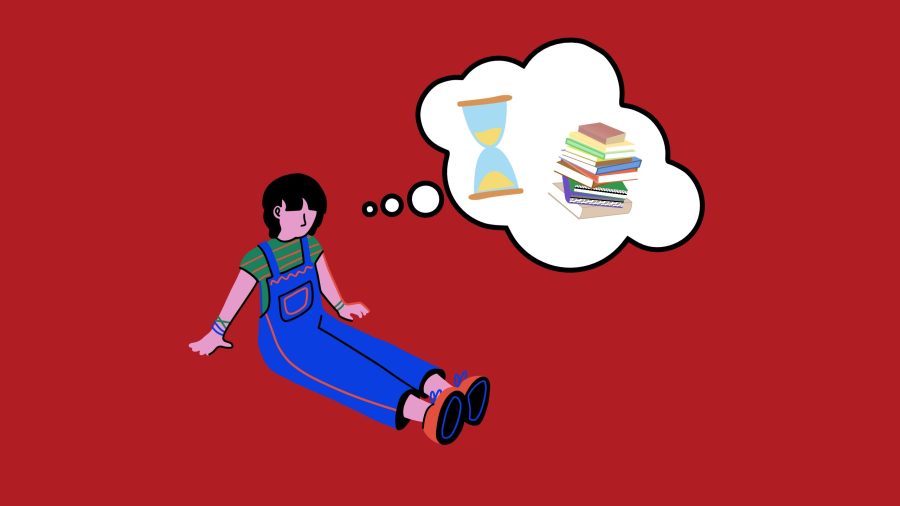OPINION: Time management should be marketed to Generation Z
September 27, 2022
College is amongst the most stressful and hectic experiences that one can undergo. Constant deadlines, lack of sleep and social pressure work together in a conspiracy to contribute to the angst that many students face.
However, the tumultuous adjustment that students experience when coming to college can be lessened by diligent time management. While that sounds simple enough, college-aged students face a steep curve that older generations are not subject to — time management is typically marketed toward older generations, especially those already in their careers.
Not only is this erroneous but it ensures that those who need these skills the most, will likely not learn them. In order to enable Generation Z to tackle vast systemic issues, it is important to enable them to first address the issues that they experience in their day-to-day lives.
James Clear’s Atomic Habits has sold over 8 million copies worldwide — a feat that captures the global urge to improve oneself in the post-pandemic era. But James Clear is not alone, other writers such as Ryder Carroll who penned the self-help book The Bullet Journal Method have touched on similar issues. There’s only one problem: the audience.
So, what gives? Self-help books rarely target the people that need them most — young people. While they often attract the attention of people in their late 20s and early 30s, these skills are paramount to students entering and attending college.
I recently became fascinated by these works and have enjoyed reading them both. In fact, these books and other productivity methods have helped me cope with an onslaught of anxiety that millions of college students face across the nation.
Not only can these paramount skills be helpful for managing time — they can improve the health of students as well. According to researchers at the medical center of University of Rochester, journaling can help students to manage their anxiety, stress and depression.
Older generations have allowed time management, mindfulness and reflection to be segregated from traditional curriculum; a misstep that has perpetuated the misfortune of allowing Generation Z’s mental health to be in greater jeopardy.
Generation Z is faced with tackling issues such as systemic racism, climate change and global health crises. Our older generations should not only teach us relevant skills, such as the ones aforementioned, they should enable them in every way possible to expand their resources to solve these issues.
Commentary writer Zachary Clifton can be reached at [email protected].













